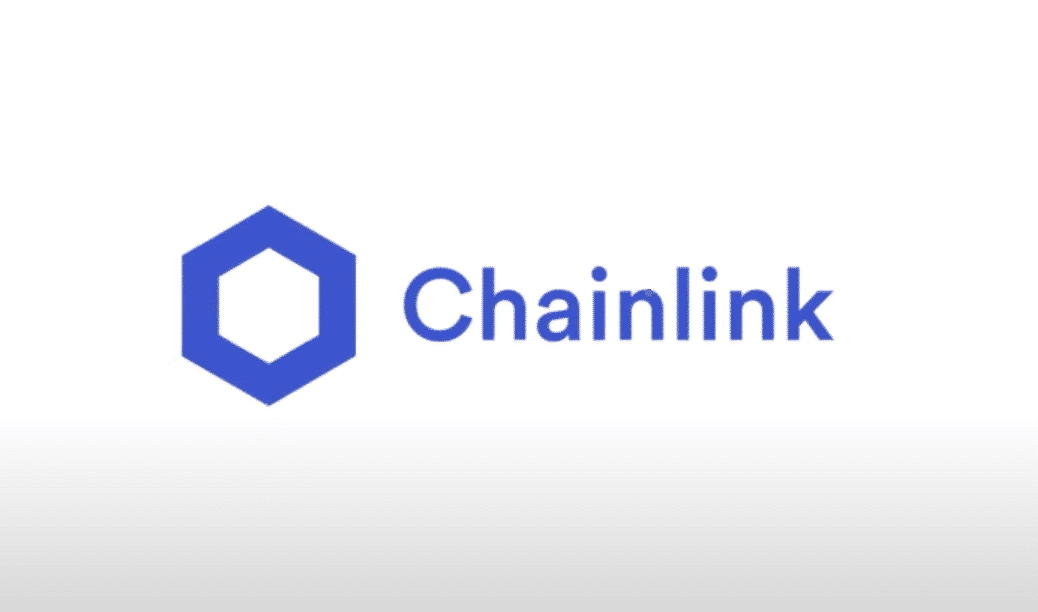- ANZ teams up with Chainlink for seamless trading of digital assets across different blockchains.
- Chainlink’s CCIP simplifies cross-chain transactions, boosting liquidity and accessibility.
In a pioneering move within the financial sector, Australia and New Zealand Banking Group (ANZ) have joined forces with blockchain technology innovator Chainlink. This is to demonstrate the transformative capabilities of Chainlink’s Cross-Chain Interoperability Protocol (CCIP). This partnership unveils a groundbreaking application wherein financial institutions can harness CCIP to facilitate secure and efficient cross-chain trading and settlement of tokenized assets.
NEW INDUSTRY REPORT
This new case study showcases how ANZ Bank (@ANZ_AU)—one the world’s largest banks with $1+ trillion in total assets under management—successfully demonstrated cross-chain tokenized asset settlement with #Chainlink CCIP.
— Chainlink (@chainlink) September 28, 2023
Navigating the Cross-Chain Interoperability Challenge
In today’s swiftly evolving digital landscape, marked by the proliferation of blockchain networks, the issue of interoperability has assumed paramount importance. Each blockchain network operates in isolation, unable to seamlessly communicate with others or traditional financial systems. This inherent constraint, known as the oracle problem, necessitates the development of blockchain interoperability protocols to bridge the divide between divergent networks.
Financial institutions increasingly embrace tokenized assets, recognizing their enduring value in blockchain technology and digital assets. Nevertheless, this burgeoning ecosystem remains fragmented, with tokenized assets and related services scattered across various blockchains, devoid of inherent interoperability. This fragmentation poses challenges related to accessibility, liquidity, and integration for financial institutions, thereby impeding the widespread adoption of tokenized assets.
A Collaborative Endeavor in Blockchain Interoperability
To tackle this challenge head-on, prominent financial institutions, including ANZ, have united with industry leaders such as Chainlink, BNP Paribas, BNY Mellon, Citi, Clearstream, Euroclear, Lloyds Banking Group, SIX Digital Exchange (SDX), and Depository Trust & Clearing Corporation (DTCC).
Together, they have embarked on a collaborative journey to explore solutions for blockchain interoperability. In concert, they have demonstrated the efficiency with which Chainlink’s CCIP. Additionally, in conjunction with the SWIFT network, it can facilitate the transfer of tokenized value across diverse blockchain networks.
Unlocking the Potential of Tokenized Assets
Tokenized assets can be broadly classified into Native Digital Assets and tokenized real-world assets (RWAs). These digital assets, managed centrally or decentralized, represent ownership or rights related to valuable real-world assets.
The World Economic Forum estimates an astounding $867 trillion worth of assets that could undergo tokenization. This transformative shift leverages decentralized consensus mechanisms to maintain accurate, immutable, and secure asset records.
The Benefits of Tokenization for Financial Institutions
Tokenized RWAs offer numerous advantages for financial institutions, serving as asset issuers, custodians, and gateways for customers to access and trade these digital assets. Key advantages include:
- Composability: Blockchains enable standardization of assets on shared infrastructure, streamlining asset delivery and payment processes.
- Fast Settlement: Tokenized asset transactions can be settled instantaneously via smart contracts, improving customer experiences and reducing counterparty risk.
- Accessibility and Liquidity: Fractional ownership of assets broadens access to a wider customer base and enhances liquidity, especially for traditionally illiquid assets.
- Transparency: Tamper-resistant asset ownership records facilitate asset tracking and verification, enhancing reconciliation processes.
Introducing Chainlink CCIP: A Game-Changer in Interoperability
Chainlink’s Cross-Chain Interoperability Protocol (CCIP) introduces a unified interface for dApps and web3 entrepreneurs to fulfill cross-chain requirements, including token transfers and arbitrary messaging. With a security-first approach, CCIP boasts features such as a Risk Management Network, decentralized oracle computation, and the off-chain reporting (OCR) protocol, ensuring robust protection against malicious activities.
Core Capabilities of Chainlink CCIP
Chainlink CCIP supports three core capabilities:
- Arbitrary Messaging: The ability to send arbitrary data between smart contracts on different blockchains, facilitating informed actions and complex multi-chain tasks.
- Token Transfer: Transferring tokens to smart contracts or externally owned accounts on different blockchains.
- Programmable Token Transfer: Simultaneously transferring tokens and arbitrary data within a single transaction, enabling instructions on token usage.
Recommended for you:
Subscribe to our daily newsletter!
No spam, no lies, only insights. You can unsubscribe at any time.




